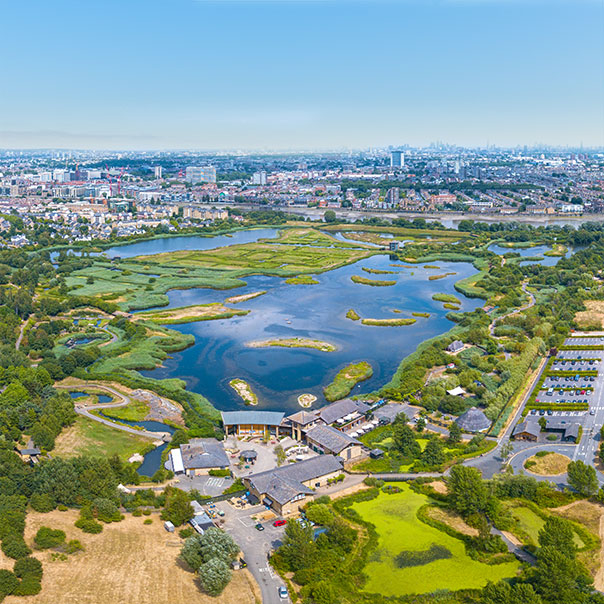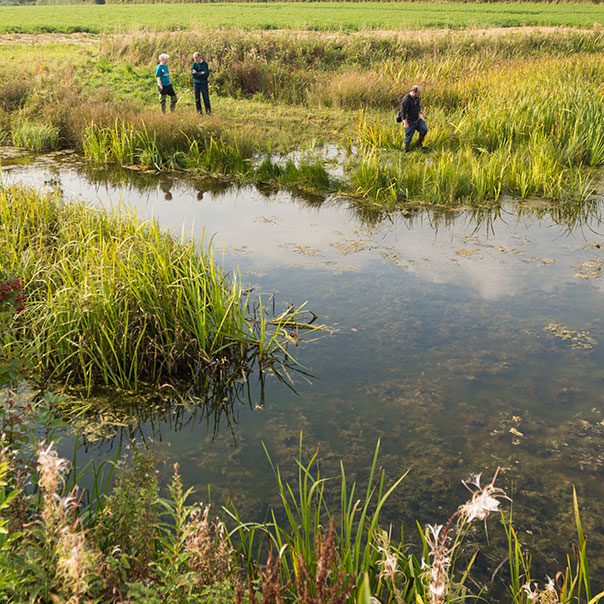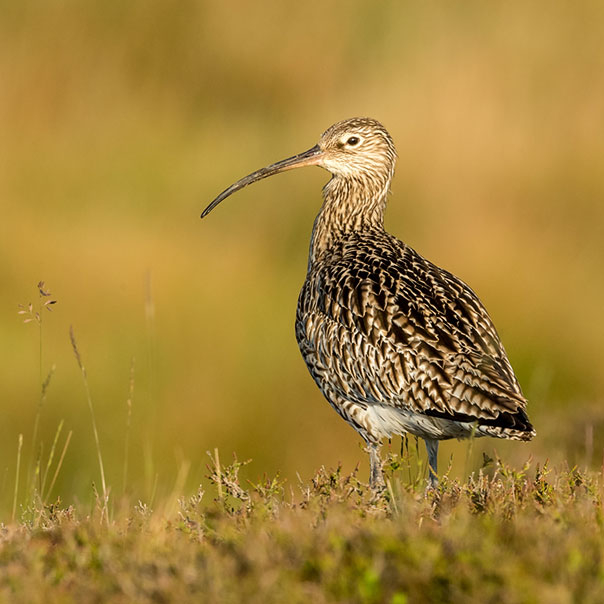Why wetlands

If rainforests are the lungs of the planet, then wetlands are the lifeblood.
As much as we need air to breathe, we need water to live. The conservation of our wetlands is essential to life on Earth.
What is a wetland?
Wetlands are found across the world, ranging from giant deltas and mighty estuaries and mudflats, to floodplains and peat bogs. Humans and wildlife have relied on them for thousands of years.
Some are famous, like the Okavango delta, Arctic tundra and the Pantanal in South America. Others are as humble as the marshy bog, or the pond at the end of your garden and can be easily overlooked. But all play a crucial role in protecting our health and the health of our planet.
Wetlands are amazing
Wetlands teem with biodiversity. They’re part of our natural infrastructure, providing essential protection against climate change, floods, droughts and pollution. They’re also vital for our health and wellbeing.
Wetlands and biodiversity
Wetlands are one of the world’s most biodiverse habitats. They provide homes for many endangered species, offer a lifeline for freshwater species and act as vital ‘service stations’ for millions of migratory birds to rest and refuel. Many endemic species are found only in specific wetland areas.
- 40% of the worlds plants and animals depend on wetlands.
- Every year 200 new species are discovered in freshwater wetlands.
- Coastal wetlands like mangroves are among the most biologically diverse places on earth.
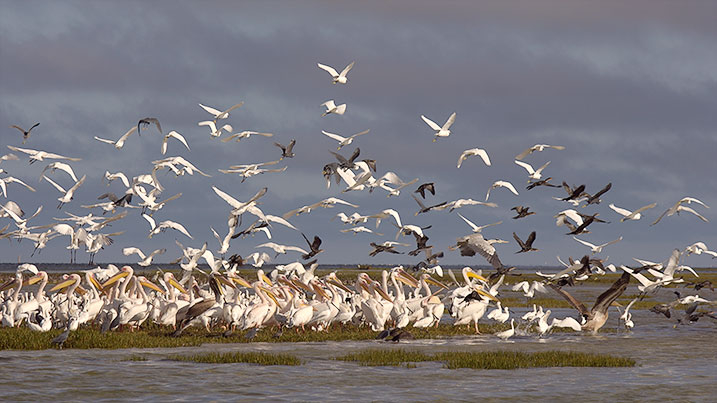
Wetlands and carbon storage
Wetlands can help us slow down climate change by naturally absorbing and storing vast amounts of carbon. They can also help us prepare for, cope with and bounce back from the impacts of climate change.
- Wetlands are the most effective carbon sinks on the planet.
- Peatlands store twice as much carbon as all the world’s forests combined.
- WWT Steart’s saltmarshes currently store 10,000 tonnes of carbon every year.
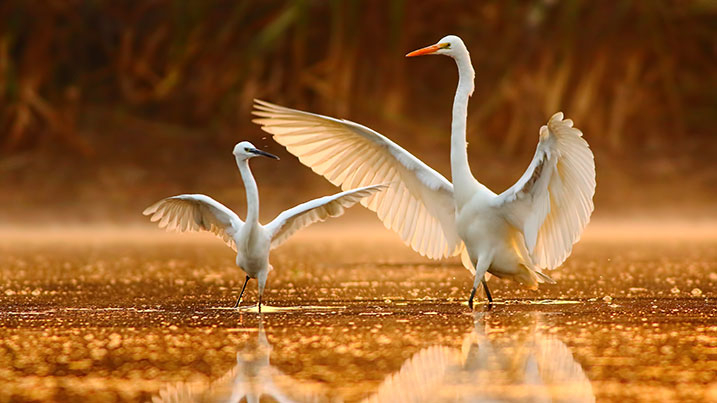
Wetlands and disaster risk reduction
Wetlands protect us from extreme weather events and help us recover better from disasters. By storing rain like a sponge, and by buffering us from the sea they can protect us from floods, tsunamis and cyclones. Wetlands can also protect us from droughts and reduce air temperatures by up to 10 degrees Celsius.
- Mangroves and salt marshes help shield the 60% of the world’s population that live along our coasts from the impacts of coastal flooding.
- By acting as offshore wave barriers, coral reefs provide protection from extreme events worth up to US$33,556 per hectare per year.
- Each kilometre of mangrove forest can reduce a storm surge by 50cm.
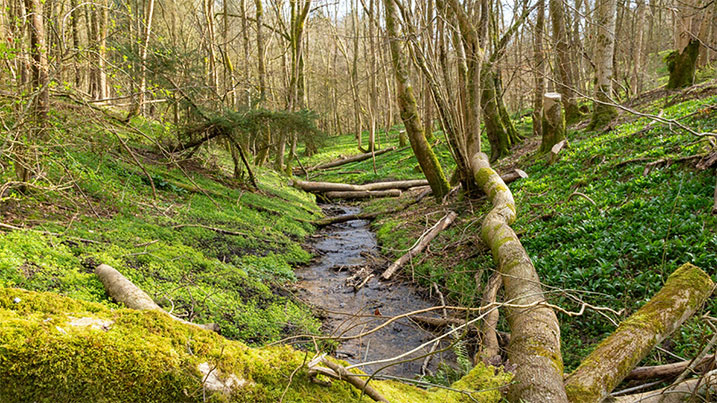
Wetlands and livelihoods
Wetlands have supported human life for millenia and are essential for human health and prosperity. From the Nile to the Mekong, civilisations sprang up around wetlands, and all around the world they continue to provide us with food, water, supplies, transport and leisure.
- Wetlands provide livelihoods for one billion people.
- 50% of international tourists seek relaxation in wetland areas, supporting millions of jobs.
- More than half the world relies on wetland grown produce such as rice for their staple diet.
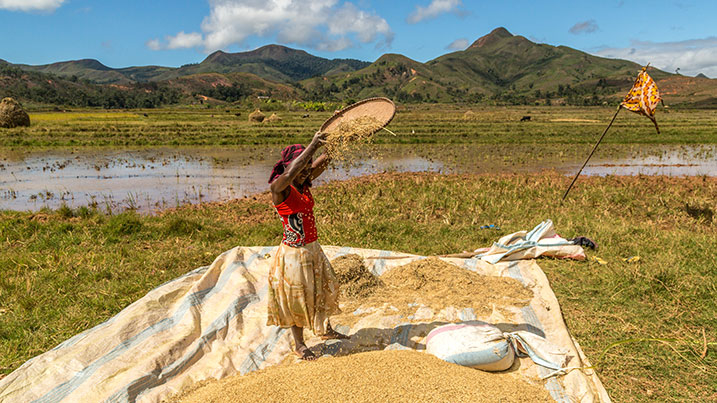
Wetlands and water
Wetlands not only hold most of our available fresh water, they also improve its quality by naturally filtering pollutants.
- Wetland loss and pollution is intensifying the water crisis and threatening all life.
- Less than 1% of Earth’s fresh water is usable and most of that is contained in wetlands, including about a third in rivers and lakes.
- Wetlands can remove up to 60% of metals in water and eliminate up to 90% or nitrogen, purifying it so life can thrive.
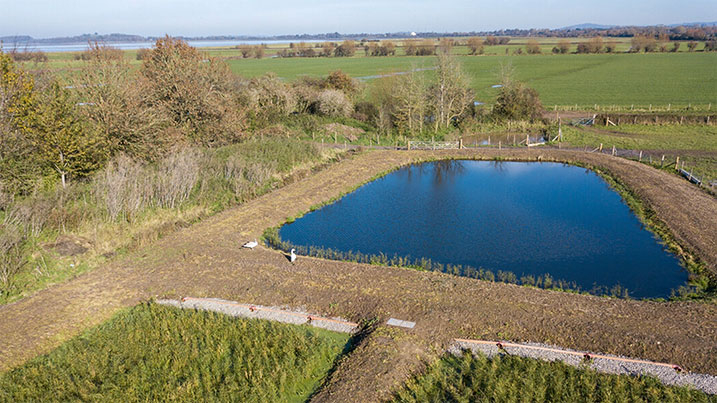
Wetlands and health and wellbeing
Our connection with nature and particularly wetlands is essential for maintaining our health and wellbeing. Research by WWT is showing that being around wetlands and their wildlife can help us regain a sense of peace and provide us with a place to recuperate and escape life’s daily stresses.
- Spending time around wetlands can reduce levels of anxiety, stress and depression.
- Being around ‘blue spaces’ has higher benefits than being around ‘green spaces’.
- WWT Steart Marshes is expected to deliver health benefits worth up to £3.5 million in the next 10 years.
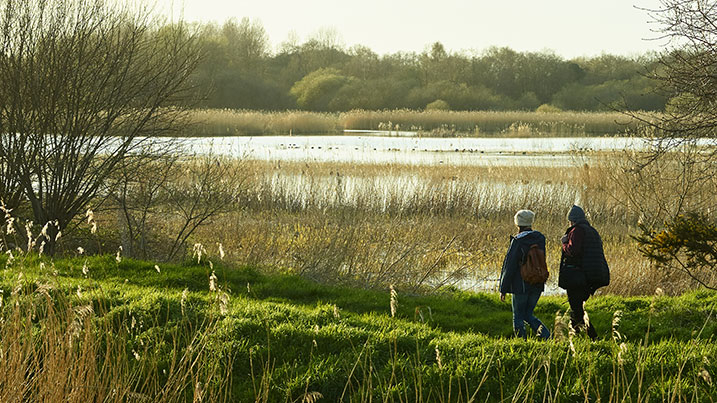
Wetlands are in trouble
Wetlands have been taken for granted and undervalued for centuries.
Invasive species, pollution, unsustainable development and climate change are all taking their toll with wetlands under more pressure than ever before. Now the frightening consequences are starting to catch up with us and the planet’s wildlife.
- 35% of our wetlands have disappeared since 1970.
- Wetlands are disappearing three times faster than forests.
- 25% of wetland species face extinction.
Saving wetlands for wildlife and people
There is hope. Unlike ancient woodland and rainforest that take centuries to regenerate, new technology means WWT can create new wetlands in a matter of months and years. It’s an area where your support can make a real impact.
